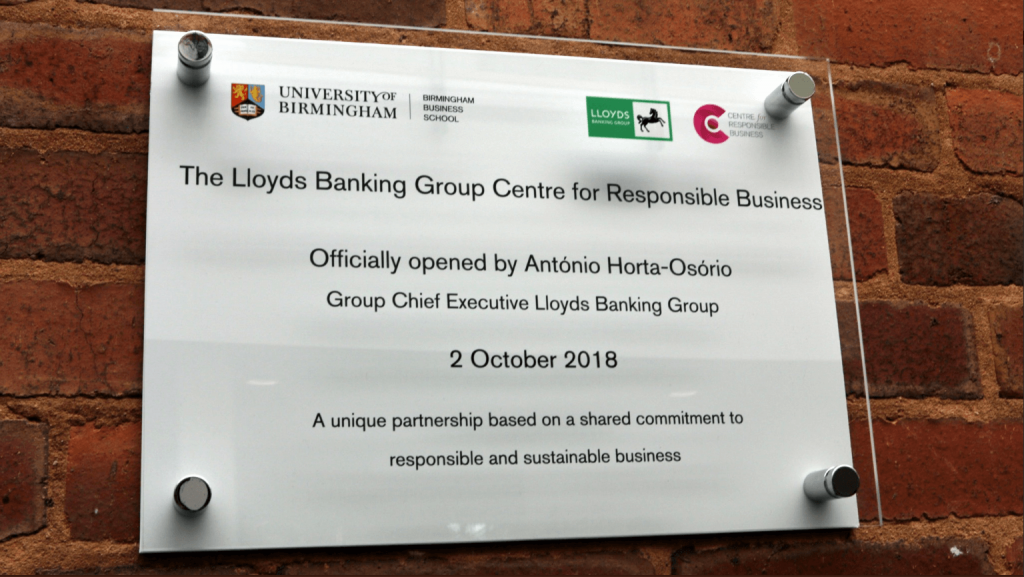 It is that time of year when geographers from across the world descend on to some American city to discuss all things geographical. Last year, the annual conference of the Association of American Geographers (AAG) was in New Orleans. This year the conference is based in Washington DC. The conference location always tends to favour larger rather than smaller cities. Most American cities are too small to host this conference as they do not have the concentration of hotel and meeting rooms and sufficient airline flights to accommodate over 9,000 attendees. Occasionally the AAG conference has been located in smaller cities, but attendances have been smaller. All this highlights the complexity of the relationships between place and space. Small towns come with lower costs but are perhaps harder to get to and are perhaps less attractive locations for some conference delegates.
It is that time of year when geographers from across the world descend on to some American city to discuss all things geographical. Last year, the annual conference of the Association of American Geographers (AAG) was in New Orleans. This year the conference is based in Washington DC. The conference location always tends to favour larger rather than smaller cities. Most American cities are too small to host this conference as they do not have the concentration of hotel and meeting rooms and sufficient airline flights to accommodate over 9,000 attendees. Occasionally the AAG conference has been located in smaller cities, but attendances have been smaller. All this highlights the complexity of the relationships between place and space. Small towns come with lower costs but are perhaps harder to get to and are perhaps less attractive locations for some conference delegates.
This year the conference theme is the Geographies of Human Rights and the meeting is intended to explore how Geography has enhanced Human Rights and how Geography has hindered Human Rights. This is a complex theme. The meeting’s Presidential Plenary addressed “The Intersection of Geography, Environmental Science, Human Health and Human Rights” and across the conference, there is a focus on the relationship between geography and global health. All this must be placed in the context of the Sustainable Development Goals (SDGs) framework established by the United Nations. The identification of the 17 SDGs has created a broad, universalist approach focusing on equity and inclusion. It is important to place this in the context of on-going urbanisation. Much of City-REDI’s research is focused on city-regions in developed market economies. Currently, 55% of the world’s population lives in cities and this is projected to grow by 2.5 billion by 2050. Nevertheless, the key point is that the focus of urbanization is shifting away from developed market economies; 90% of the estimated urban population growth will be in lower-and-middle-income-countries (LMICs) primarily in Africa and Asia.

At the AAG, I am organising a session that engages directly with the conference theme. Birmingham Business School is taking the lead in developing research on responsible business through the Lloyds Banking Group Centre for Responsible Business. This is a challenge-centred, interdisciplinary research and engagement space exploring how businesses can be ‘rewired responsibly’ to inform, shape and energise the Responsible Business Revolution. I am an associate of this Centre. Within city-regions the policy focus has tended to be on economic growth or inclusive growth. This is perhaps unfortunate as a focus on continual growth will perhaps result in failure. A better policy focus is to develop an approach based on Responsible Inclusive Prosperity (RIP). Such an approach needs to consider the needs of current city-region residents, but also of future residents. It needs to be based on an appreciation that inclusive prosperity will increase health, but will also perhaps enhance productivity, innovation and economic activity. It will also minimise expenditure on social welfare but as a positive response to a healthier population.
My session is entitled “Towards Responsible Business? Innovations and Transformations in the Geographies of Production and Work” and is intended to explore the intersections between debates on responsible business and geography focussing on production, wealth and innovation. Thus, the reworking of trading relationships, radical and adaptive innovations and debates on responsible business are altering global and local production networks and simultaneously destroying jobs and creating new forms of work and organization. This session aims to stimulate a debate on new ways of organizing production and work more responsibly and to bring debates together across economic geography including those that focus on work and skills and those that are more concerned with global and local production networks.

It is perhaps worth reflecting further on the development of a RIP agenda. We are living in interesting times. Last month the US Treasury yield curve inverted. This is a very unwelcome development and is one indicator of the onset of a recession. An inversion occurs when short-dated bonds have a higher return than long-term bond. Investors are anticipating that central banks will have to cut rates in response to an economic downturn. In Europe, the state of the German economy continues to be of major concern and is another indicator of wider global economic difficulties. In March, the German purchasing managers index (PMI) fell to 44.1. This is the lowest level since 2012. A PMI score below 50 indicates a reduction in business activity. Both the yield inversion and the German PMI score highlight the relative fragility of any economic strategy based on growth. Continual growth is impossible as process, product and policy innovations will disrupt regional national and international economic relationships.
All city-region economies should include a policy focus that emphasises individual, household and firm resilience or adaptation in the context of a RIP framework. There is perhaps no city-region on this planet that has developed this type of approach. A key policy challenge is how can a city-region enhance regional resilience or continual adaptation whilst adopting a RIP approach? In addition, how can the emphasis placed on continual economic growth be altered so that the focus is on longer-term regional resilience or adaptation?
This blog was written by Professor John Bryson, City-REDI, University of Birmingham and an Associate of the Lloyds Centre for Responsible Business.
Disclaimer:
The views expressed in this analysis post are those of the authors and not necessarily those of City-REDI or the University of Birmingham.
To sign up to our blog mailing list, please click here.
